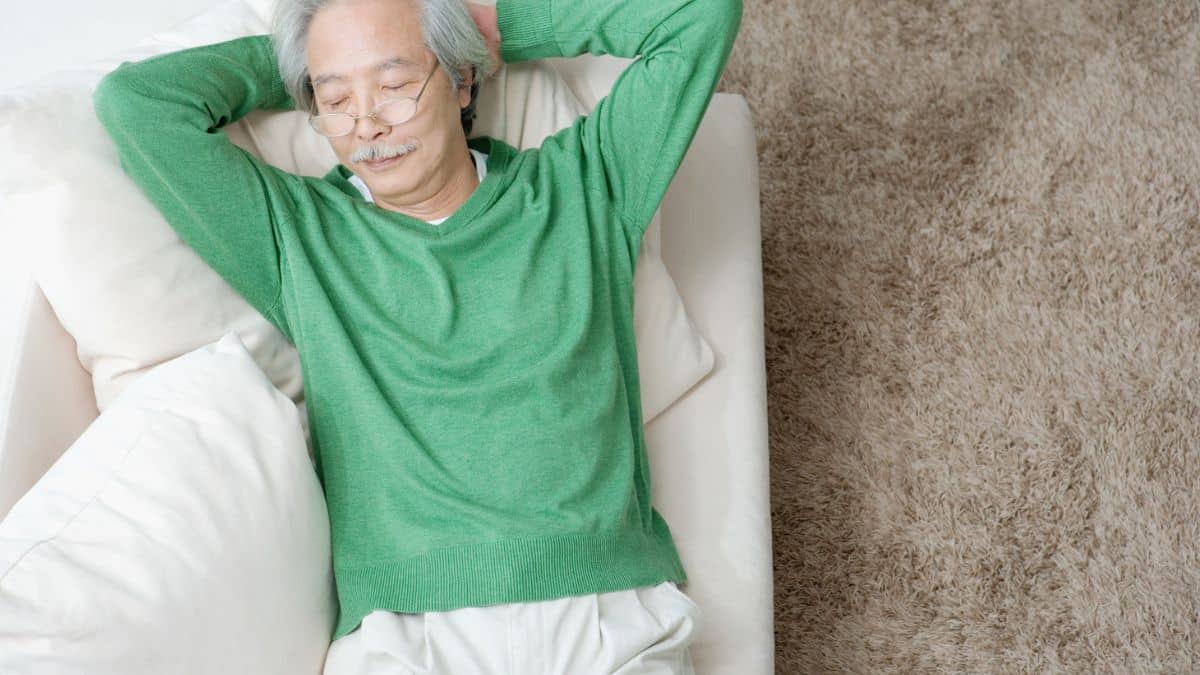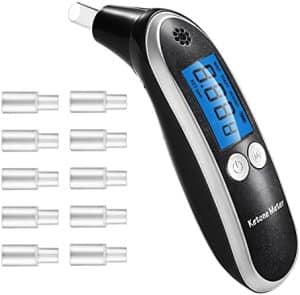Turning 50 brings more than just wisdom—it often brings restless nights, too. Many adults report new or worsening sleep problems after midlife. Problems sleeping after 50 are a common concern. If you’re lying awake at night wondering why sleep seems harder now than in your 30s or 40s, you’re not alone—and it’s not just in your head.
Poor sleep after 50 stems from a mix of hormonal changes, health shifts, behavior patterns, and even how your brain processes sleep cycles. Let’s break it down, Terry Clark style—using data, science, and practical strategies.
How Do Hormones Change After 50 and Disrupt Sleep?
After age 50, melatonin production drops by up to 50%, especially in post-menopausal women and older men. Melatonin is your body’s natural sleep hormone, telling your brain it’s time to rest. Less melatonin means weaker sleep signals and more late-night alertness.
In women, estrogen and progesterone decline sharply during and after menopause. These hormones regulate temperature, mood, and circadian rhythms. When they drop, hot flashes, mood swings, and insomnia increase.
In men, testosterone levels gradually decline after 40, but the impact becomes more noticeable in your 50s. Low testosterone has been linked to poor sleep quality and reduced deep sleep cycles.
What Health Conditions After 50 Interfere With Sleep?
Your body is not just aging externally—it’s shifting internally. Several age-related conditions are linked to poor sleep:
- Sleep Apnea: Common in adults over 50, especially those carrying excess weight. Interrupted breathing leads to repeated nighttime awakenings.
- Restless Leg Syndrome (RLS): Neurological condition that causes uncomfortable leg sensations. It often worsens with age and disrupts sleep.
- Chronic Pain: Joint pain, arthritis, and back problems interfere with your ability to fall or stay asleep.
- Nocturia: Increased nighttime urination becomes more frequent due to prostate changes in men or weakened pelvic floor in women.
As these issues increase, so does nighttime waking—affecting both REM and deep sleep, the most restorative stages of sleep.
Why Does Stress Feel Stronger at Night After 50?
As we age, we lose some ability to regulate cortisol, the stress hormone. Elevated nighttime cortisol can make your heart race and your thoughts spiral. Financial concerns, aging parents, adult children, and retirement planning pile on the pressure.
In younger years, you bounce back quickly. But after 50, stress tends to linger longer in the nervous system. Combine that with lighter sleep and fewer hours in deep sleep, and stress hits harder at bedtime.
How Does Sleep Architecture Change With Age?
Sleep isn’t just about how long you sleep—it’s about how well. The body cycles through four stages of sleep: light sleep, deep sleep, and two REM stages.
After age 50:
- Deep sleep decreases by 20–40%
- REM sleep becomes shorter and less frequent
- Nighttime awakenings increase
Even if you spend eight hours in bed, you may only get 4–5 hours of restorative sleep. This results in daytime fatigue, mood swings, and poor concentration.
What Lifestyle Habits Make Sleep Harder After 50?
Your lifestyle may not have aged as well as your wisdom. After 50, your body becomes more sensitive to things that didn’t bother you before:
- Caffeine: Your liver processes it slower, meaning that 3 p.m. coffee affects you at 11 p.m.
- Alcohol: While it may help you fall asleep, it interrupts deep sleep and increases waking.
- Inactivity: Sitting more and moving less means your body doesn’t build up enough sleep pressure to fall asleep fast.
- Screen Time: Blue light reduces melatonin. Using phones or tablets at night sabotages your sleep signal.
How Can You Improve Sleep Quality After 50?
You can’t stop aging, but you can optimize your environment and behavior to support better sleep.
1. Set a Consistent Sleep Schedule
Go to bed and wake up at the same time—even on weekends. This strengthens your circadian rhythm.
2. Use a Wind-Down Routine
Stop screens 1–2 hours before bed. Try stretching, reading, or taking a warm bath. These actions lower cortisol and raise melatonin.
3. Supplement Smartly
Consider:
- Magnesium (200–400 mg): Supports relaxation
- Melatonin (0.5–1 mg): Helps re-sync your sleep cycle
- GABA or L-Theanine: Reduce nighttime anxiety
Talk to a healthcare provider before starting supplements, especially if you’re on medications.
4. Track Your Sleep
Use a wearable (like WHOOP or Oura Ring) to monitor sleep duration, wake time, and disturbances. Data gives feedback for behavioral improvements.
5. Exercise More—But Not Too Late
Moderate aerobic exercise during the day improves sleep quality—but avoid intense evening workouts which can increase body temperature and cortisol.
Key Takeaways
- Hormonal shifts after 50 reduce melatonin and disrupt circadian rhythms.
- Sleep apnea, pain, and bladder issues are common culprits.
- Poor sleep architecture and increased stress sensitivity worsen the problem.
- Lifestyle tweaks, supplements, and data tracking offer powerful relief.
Sleep after 50 isn’t doomed—it just requires a different strategy. By understanding the biological math behind your rest, you can optimize sleep and improve every area of your life.
Subscribe now and get a 14-day free trial workout app for iPhone users.





